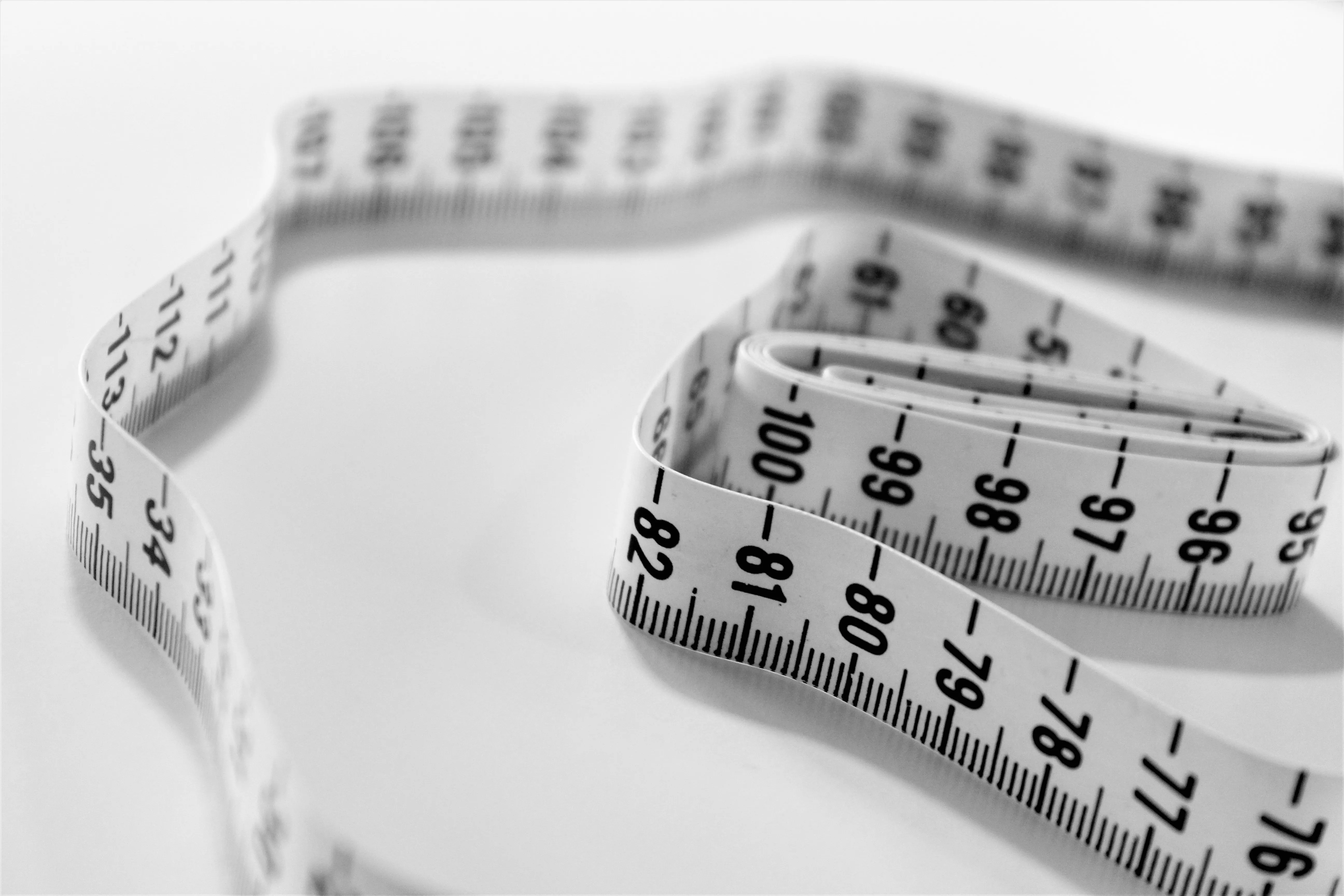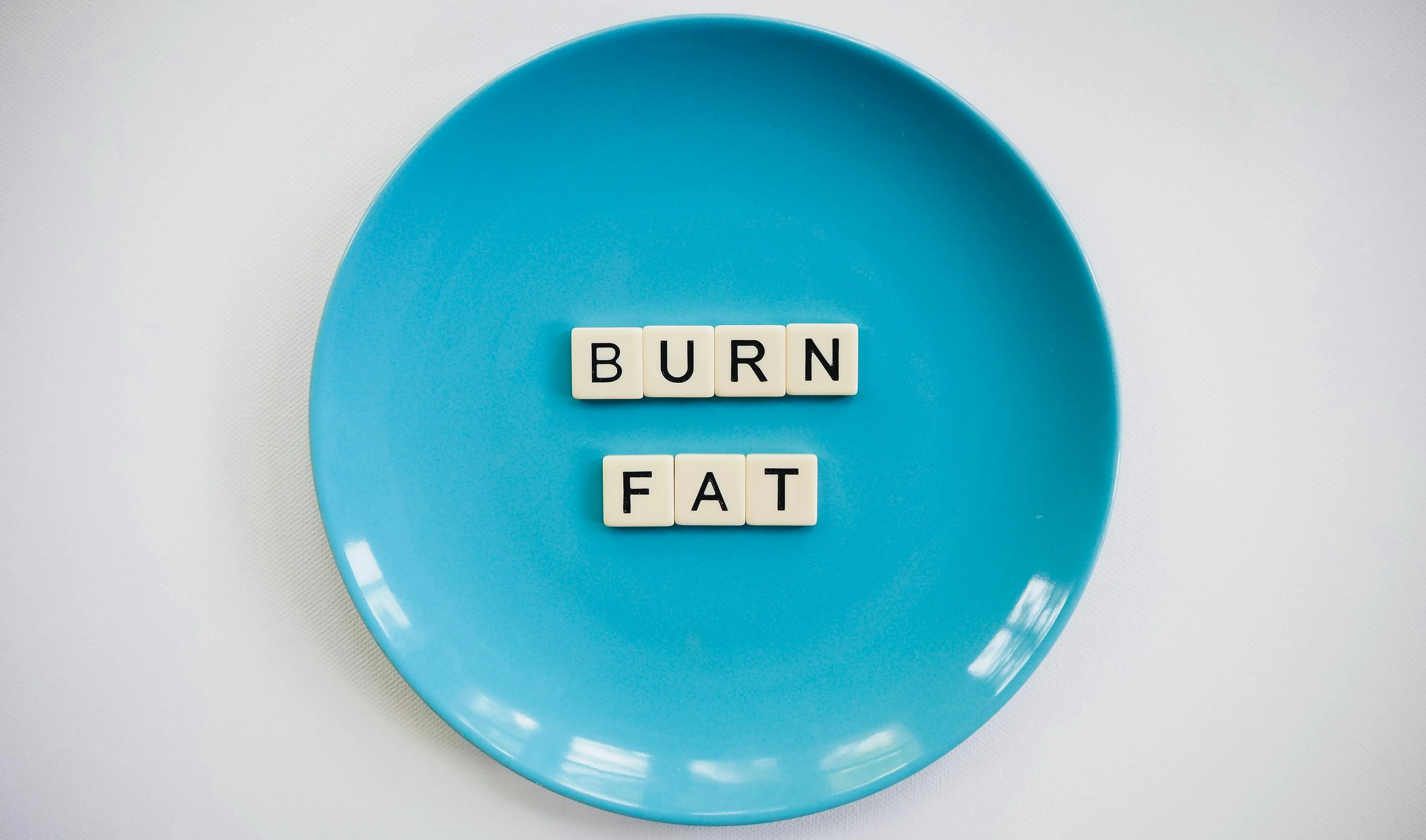
Nutrition, Exercise and Behavior Change Coaching that eliminates confusion and streamlines your fitness journey.
Nutrition Related Materials
Below we have linked nutrition related materials that may be of interest to you

Getting Started
To get started, it is always best to clarify your goals and do an honest, non judgmental, assessment of your starting point
To the right are some links to forms that you may find useful at this stage of the process.

Intermediate
Describe how the courses can help a specific student based on their level of expertise on the subject. Describe how the courses can help them move to the next level.

Advanced
Describe how the courses can help a specific student based on their level of expertise on the subject. Describe how the courses can help them move to the next level.
NUTRITION
The Top 10 Practices
to
LOSE FAT after 40
Those of us over 40 certainly know that are body doesn't behave the way is did when we were 20. We store fat differently, we can't lose weight as quickly and we certainly can't eat the way we did back then. It can be discouraging! Fortunately it doesn't have to be this way. With the right strategies you can lose weight, get leaner and enjoy your body again.
-
Balanced Diet: Focus on consuming a well-balanced diet that includes lean proteins, whole grains, fruits, vegetables, and healthy fats. Avoid processed foods, sugary snacks, and excessive alcohol consumption.
-
Strength Training: This helps burn calories, increase metabolism, and build muscle mass. As well as produce and afterburn (post workout calorie burn) that is 2000% greater than cardio.
-
Movement: Engage in a combination of low to moderate intensity activities such as walking, swimming, cycling, etc.
-
Portion Control: Pay attention to portion sizes and avoid overeating. Aim for smaller, more frequent meals throughout the day to keep your metabolism active and prevent excessive hunger.
-
Hydration: Drink an adequate amount of water throughout the day to support your body's functions and maintain a feeling of fullness.
-
Manage Stress: Chronic stress can contribute to weight gain. Find healthy ways to manage stress, such as practicing meditation, yoga, or engaging in hobbies that you enjoy.
-
Sleep: Aim for 7-9 hours of quality sleep each night. Sleep deprivation can disrupt hormonal balance and increase cravings for unhealthy foods.
-
Limit Sedentary Behavior: Reduce prolonged periods of sitting or inactivity. Incorporate movement into your daily routine, such as taking regular breaks to stretch, using stairs instead of elevators, or standing while talking on the phone.
-
Protein Intake: Ensure you're consuming enough protein, as it plays a crucial role in preserving muscle mass, supporting metabolism, and promoting satiety. Including protein-rich foods (lean meats, fish, eggs, dairy products, legumes, and plant-based proteins) in your meals is probably the most
-
Eat Slowly: The more slowly you eat, the more likely you will feel satisfied before you over eat. Put you utensil down between bites. Chew you food more. Focus on the experience (taste, texture, smell, etc.)
Add 1 or 2 of these techniques (not all of them!) and see what works. As they become a regular habits, add another into the mix. These practices will compound in no time and produce amazing reults.